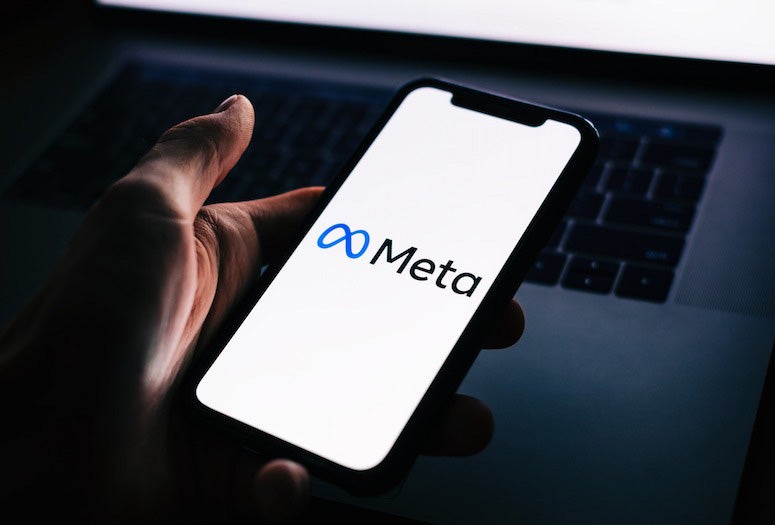The new open-source large language model, Llama 2, launched by Facebook parent company, Meta, last Tuesday allows users to adapt and develop artificial intelligence tools ⎯ including for use in commercial products ⎯ but the move raises urgent questions about the risks and potential benefits to how information is produced and disseminated.
Rice University Professor and computing expert Moshe Vardi is available to comment on the impact Llama 2 might have on the current information landscape, including on competitors like OpenAI’s ChatGPT.
“This is an inflection point,” Vardi said. “Llama 2 is a powerful open source artificial intelligence tool that could be used to craft very persuasive spam or phishing campaigns, for instance,” Vardi said. “The fact that it is open source means that it’s more difficult to monitor who is using it and for what.”
To schedule an interview with Moshe Vardi, contact Silvia Cernea Clark, media relations specialist, at 713-348-6728 or silviacc@rice.edu.
- About Rice:
-
Located on a 300-acre forested campus in Houston, Rice University is consistently ranked among the nation’s top 20 universities by U.S. News & World Report. Rice has highly respected schools of Architecture, Business, Continuing Studies, Engineering, Humanities, Music, Natural Sciences and Social Sciences and is home to the Baker Institute for Public Policy. With 4,552 undergraduates and 3,998 graduate students, Rice’s undergraduate student-to-faculty ratio is just under 6-to-1. Its residential college system builds close-knit communities and lifelong friendships, just one reason why Rice is ranked No. 1 for lots of race/class interaction and No. 4 for quality of life by the Princeton Review. Rice is also rated as a best value among private universities by Kiplinger’s Personal Finance.

